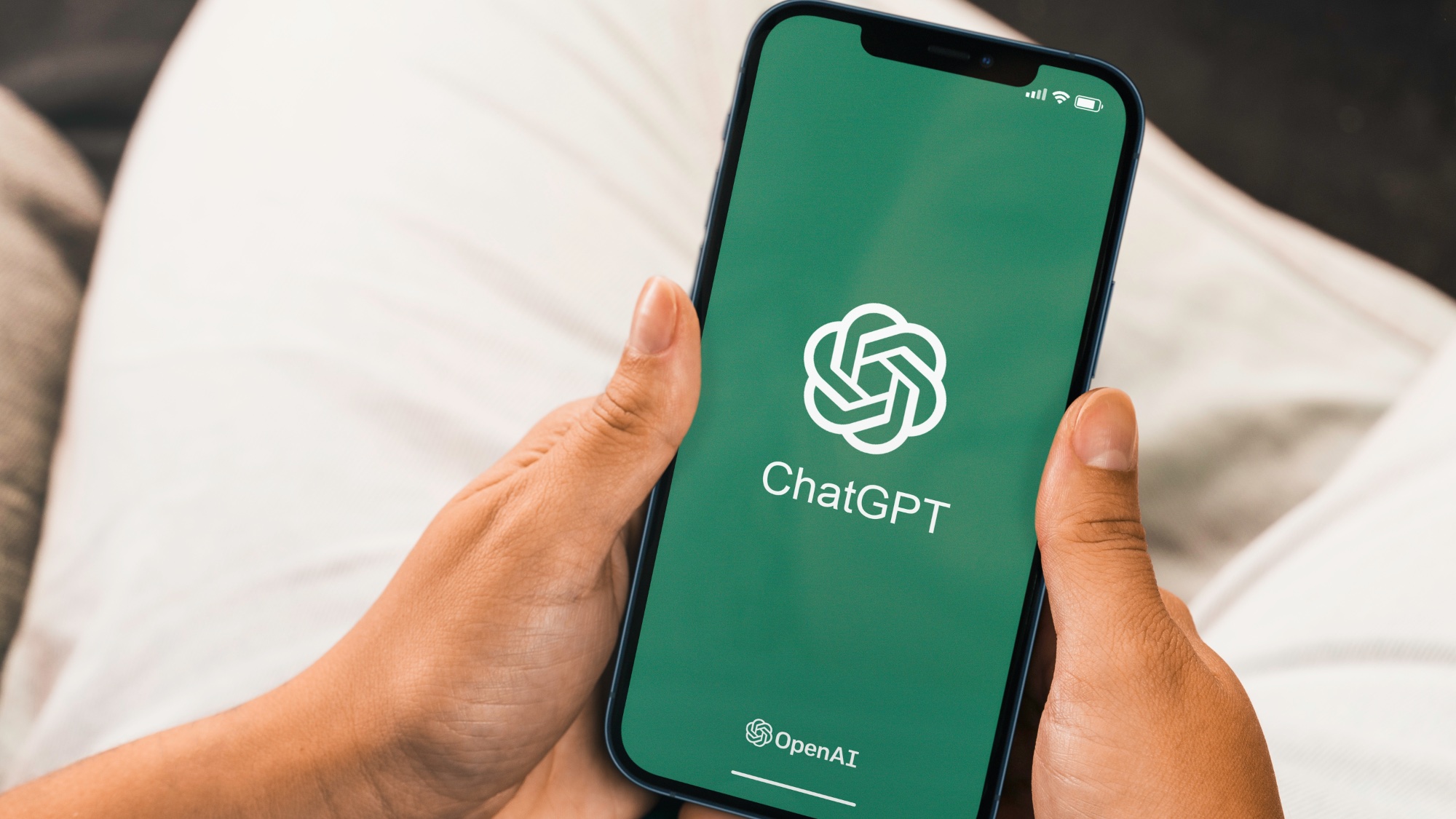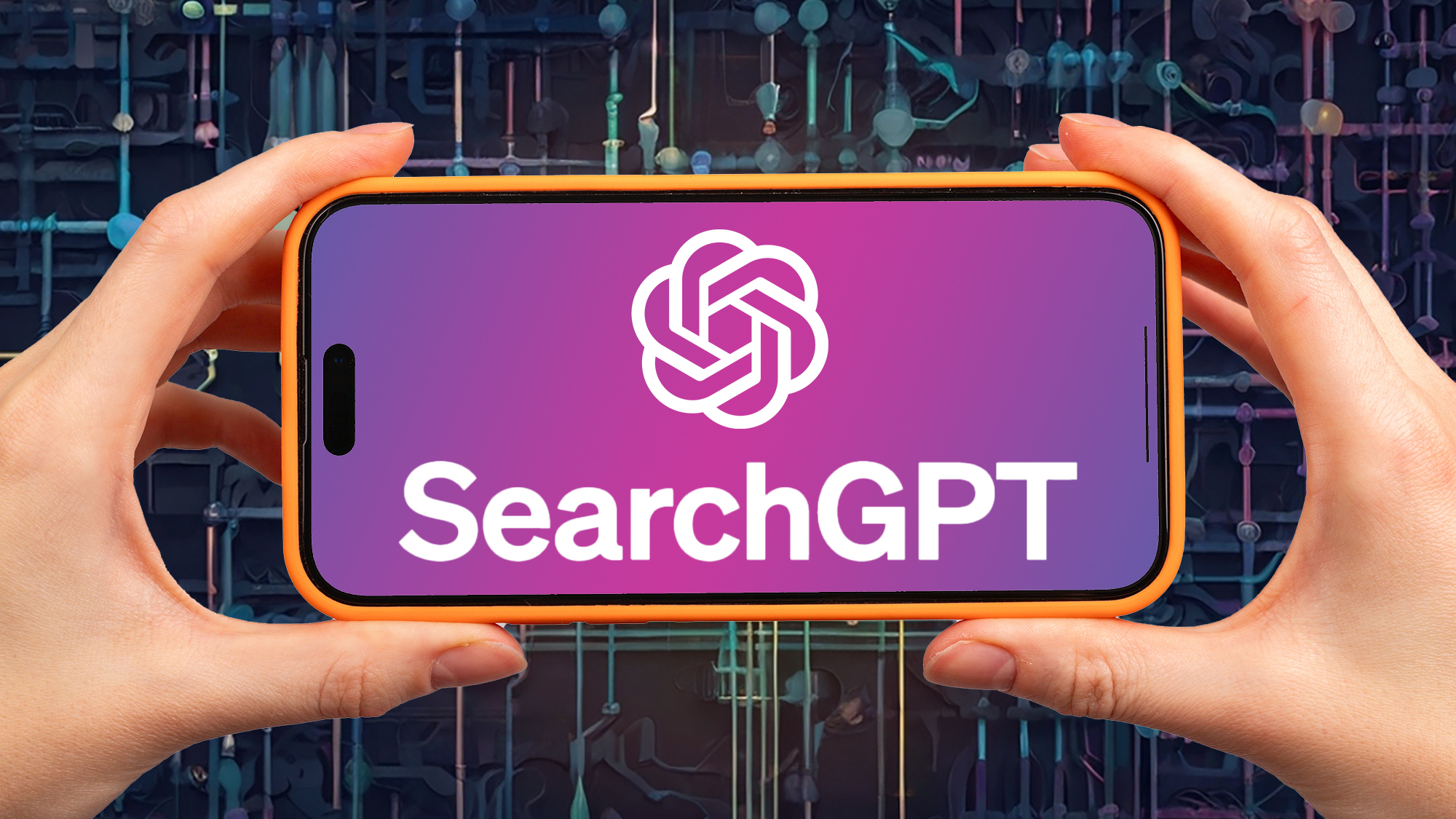ChatGPT wants to become a search engine — here’s what this means
This could change how we navigate the web

If it were up to OpenAI, you wouldn’t be reading this right now.
Or, in less dramatic words, OpenAI wants to give ChatGPT fully-fledged search engine capabilities. It wants ChatGPT to be able to directly answer your questions instead of returning a list of links to pages containing the information you’re looking for.
Dubbed SearchGPT, OpenAI is launching a new chatbot dedicated to crawling the internet. The company’s current plan is for SearchGPT to remain a temporary prototype as it eventually wants to incorporate its best features directly into ChatGPT. Only around 10,000 users will be able to start trying it out but you can sign up for the waiting list here.
Unless your employer is Google, this is an exciting development and if OpenAI gets this right, SearchGPT could change the way we interact with the internet.
It's all about information
We’re testing SearchGPT, a temporary prototype of new AI search features that give you fast and timely answers with clear and relevant sources. We’re launching with a small group of users for feedback and plan to integrate the experience into ChatGPT. https://t.co/dRRnxXVlGh pic.twitter.com/iQpADXmllHJuly 25, 2024
Whether we’ll be instinctively logging into ChatGPT for search will depend on how well OpenAI handles information. We value information we get from the internet when it’s accurate (information that’s not factual is worthless unless you have bad intentions), timely (when there’s a new pandemic I need to know how to protect myself today, not in a year), and actionable (links to download an Android app are not going to help me if I’m on iOS).
So far we’ve had to sift through a list of websites that might have this accurate, timely, and actionable information that we’re seeking. Using a chatbot as a search engine means I’m getting actual answers to my question. This has its benefits as even when I’m not sucked into a rabbit hole I often have follow-up questions.
Say you want to know what the best tablet to buy is. Your next question is likely going to be: which store offers the best deal on this model? It may turn out it’s not within your budget. Not to worry! Simply scroll back up in your conversation and check what the second-best option was without having to navigate backwards and forwards through web pages and tabs.
I also envision other areas where chatbots as search engines could flourish, such as by having them scan through particular pages and highlighting any incorrect or outdated information as you’re given a summary of it.
Doing the work or trusting the process?
we think there is room to make search much better than it is today.we are launching a new prototype called SearchGPT: https://t.co/A28Y03X1Sowe will learn from the prototype, make it better, and then integrate the tech into ChatGPT to make it real-time and maximally helpful.July 25, 2024
Where I can see things going wrong is in areas ChatGPT already flags. “ChatGPT can make mistakes. Check important info,” reads the warning label that’s currently stuck to your ChatGPT conversations. Google works because it gives you a list of sources it thinks can be helpful and tries to highlight the most reputable ones. Ultimately, it’s up to you to determine how to proceed and to decide which websites you actually want to trust and consult.
It’s like walking into an ice cream parlor and being able to see their whole list of flavors and having a little taste before investing in the XL cone. In these early days, search via chatbot will be like walking into that same shop, except you’re not allowed to see what flavors it offers. Instead, you’re handed a cone filled with scoops of ice cream the shop attendant thinks you might enjoy. Luckily, OpenAI’s initial announcement said that SearchGPT’s answers should come with “clear links to relevant sources”. So you will be able to double-check where some of the information is coming from. But you won’t know which information has been left out.

All things considered, I think SearchGPT is a step in the right direction. If I’m looking for a simple answer to a simple question it would be great if ChatGPT could come to my assistance. In the time it takes me to choose which YouTube, Reddit, blog, or news article link sounds useful, ChatGPT could synthesize the information on a topic contained in the entirety of the internet and present it to me.
For when it matters the most, at least until AI search becomes more advanced, I’m going to want to be doing the heavy lifting myself. That means reading through a different papers if I’m writing my thesis, opening Google Maps if I’m running late and need to get my bearings, or consulting different reputable news sources myself to inform myself before voting in an election.
More from Tom's Guide
Sign up to get the BEST of Tom's Guide direct to your inbox.
Get instant access to breaking news, the hottest reviews, great deals and helpful tips.
Christoph Schwaiger is a journalist who mainly covers technology, science, and current affairs. His stories have appeared in Tom's Guide, New Scientist, Live Science, and other established publications. Always up for joining a good discussion, Christoph enjoys speaking at events or to other journalists and has appeared on LBC and Times Radio among other outlets. He believes in giving back to the community and has served on different consultative councils. He was also a National President for Junior Chamber International (JCI), a global organization founded in the USA. You can follow him on Twitter @cschwaigermt.

